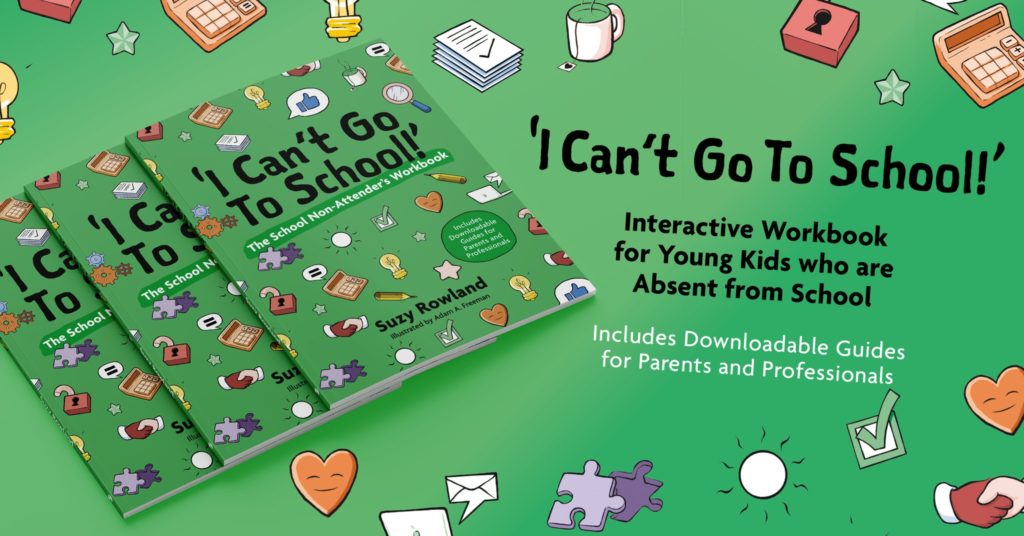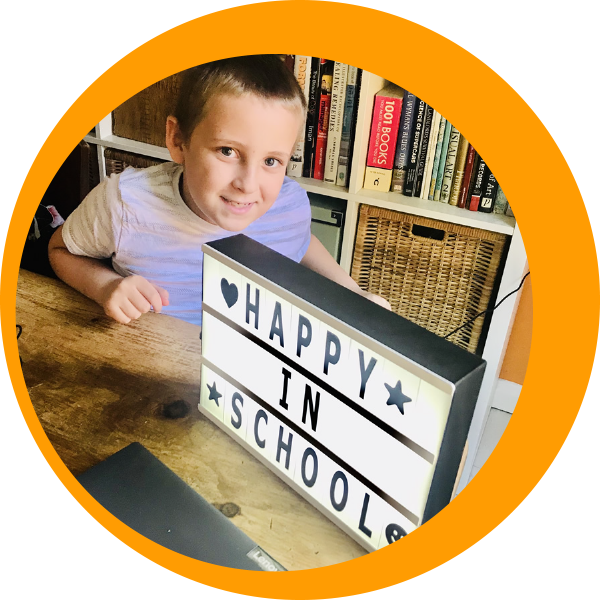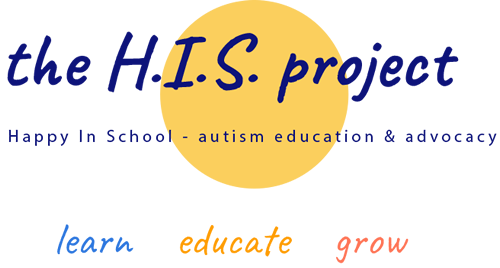

We’re in the grip of a huge change in how we deliver education, and out of any crisis must come change. What are you going to do that’s different? There are as many types of school as there are the children to fill them. Sometimes we need to accept that trying to fit a square peg into a round hole doesn’t work, and might even hurt. Exploring schooling options is time-consuming but can help to preserve a child’s wellbeing for the rest of their life. ” Quote from Suzy Rowland’s book “I Can’t Go To School!”
As an author on a range of issues related to schools and neurodiversity, I have had to endure my fair share of gaslighting and discrimination from teachers, school leaders and others. My son was denied an assessment by the borough educational psychologist as they ‘already had three other children with statements’ in the class. A male headteacher suggested that I should give up work to teach my child ‘how to behave’. I was a single mum at the time. I was asked by a SENCO whether my son ate breakfast before coming to school. Even post-diagnosis (autism and ADHD), the racial and ableist gaslighting continued, with serial exclusions (probably illegal) and many punishments by teachers who were ignorant about the autistic profile.
I took my child out of a school for one year because it was harming him. Our difficulties with attending were due to anxiety and other mental health issues. My work with families, young people and educational professionals enables me to explore how and why schools needs to accommodate the needs of children who are experiencing school trauma, putting the child’s needs at the heart of the plan.
I rarely talk about these painful experiences as they belong to me and my child. Even after his autism, ADHD diagnosis, the gaslighting continued: He’s clearly intelligent, so why can’t he behave? I would be sad if some people didn’t recognise or understand the depth of my knowledge and passion for improving educational and personal outcomes for neurodivergent children and young people and gaining wider understanding
The EOTAS question
In terms of EOTAS specifically, my book presents a balanced view, encouraging families to make decisions based on a number of factors. The book explores alternative places to learn including home education, unschooling, forest schools, ‘wild’ or outdoors learning. Hopefully your child will become their own advocate in time and be able to state their needs from their perspective.
I could not have written this book without the invaluable input of neurodivergent individuals aged between 12 and 19 and their families. They opened their hearts as I talked to them via Zoom (with their parents present) about their reasons for ‘avoidance’, what their school life was like, their emotional state, and finally, their suggestions as to what might help another young person in a similar position. They all spoke candidly and at length (!) about their experiences. I thank them all for being so open and honest.
Finally, I would urge every parent who buys a copy of “I Can’t Go To School!” to download the FREE professionals’ guide which will leave you in no doubt on my thoughts and opinions on EOTAS and school-related trauma.
“I Can’t Go To School!” Available now from multiple book retailers.
© Suzy Rowland
